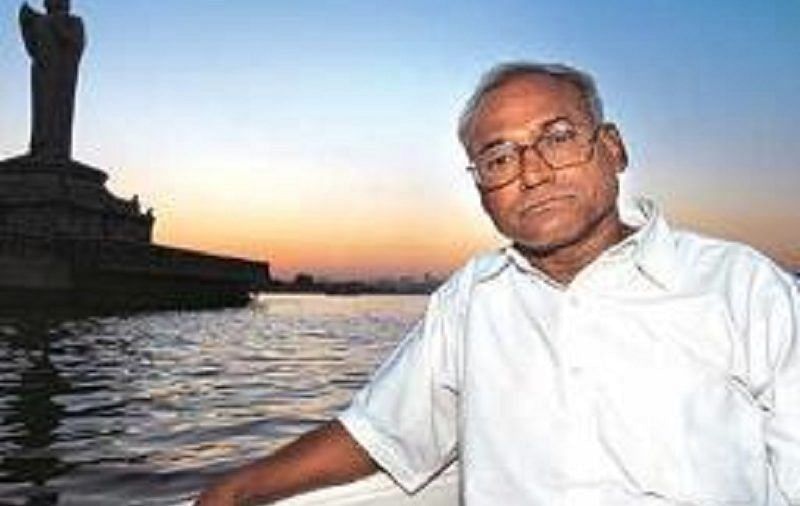Author Kancha Ilaiah talks about how casteism exists across the spectrum; says some people started threatening him after Gauri Lankesh’s murder.
It’s not just the Right-wing, even Left and liberal academics have biases against PhD scholars from Dalit and Bahujan communities, said author Kancha Ilaiah Shepherd, who is under attack after chapters from his controversial book Post-Hindu India (2009) were reprinted recently.
“Not just the BJP, even the Left and the liberals in academia do not select our PhDs. I experienced this. Some of them come with so-called ‘foreign degrees’. Now, what does this foreign degree do? If it creates knowledge, I should not have been an intellectual at all; I should not have written at all as I only studied up to Osmania. So, the problem cuts across all ideological forces and there is a clear caste collusion,” Ilaiah told ThePrint in a telephone interview.
No stranger to controversy, Ilaiah’s other works such as Why I am Not a Hindu and Buffalo Nationalism have critiqued the caste system and what he calls, “spiritual fascism”. The republished chapters from Post-Hindu India have drawn criticism from a section, which objected to the text referring to the Banias (Vaishya) as “social smugglers”. Even Telugu Desam Party leader T.G. Venkatesh has called for a ‘fatwa’ against Ilaiah.
Unfazed by such threats, the Hyderabad-based academic said, “Arya-Vysyas are linked to the biggest trade communities — from village markets to the Ambanis and Adanis. They are connected all over. Even in Andhra Pradesh, one of the richest people, G.M. Rao, is from that community. So a rich community, is coming to the streets, burning my effigies, tearing photos. How did they develop this culture, I don’t know.”
Written after the UPA government pushed for reservations in the private sector, Post-Hindu India explains how labour from the marginalised castes — Adivasi, Dalits and Bahujans — gets appropriated by dominant castes.
“Assume that Brahmins-Banias-Jains form a nation, while the rest of us form another nation. Which nation will survive better? Ours! Because we’re agricultural producers; we know how to rear animals, what to grow, etc. Right now their economy isn’t infiltrating our borders, whereas goods and commodities that our caste-communities produce through agrarian and artisanal work are entering their borders,” said Ilaiah.
“Our labour is exploited by them. Look at which castes are producing wealth, but which castes have actually accumulated it. Smuggling refers to illegally taking a nation’s produced wealth out of its borders. This is what I meant by ‘social smuggling’.”
He claims that one particular caste has gained monopoly on business and trading in India. “Look at data from a recent EPW survey — 46% of corporate directors are Banias, whereas their population is 1.9%, and 44.6% are Brahmins. Then all the shudras, the OBCs constitute only 3.8% while SC/STs have only 3.5% of the total share,” he said.
Ilaiah claims that the booklet containing the reprinted chapters was available in the market for quite some time but some people started raising objection to it after the Bengaluru journalist-activist Gauri Lankesh’s murder.
“This whole thing started after Gauri Lankesh’s murder. Even leaders like (Andhra Pradesh CM) Chandrababu Naidu haven’t condemned this,” he said.
